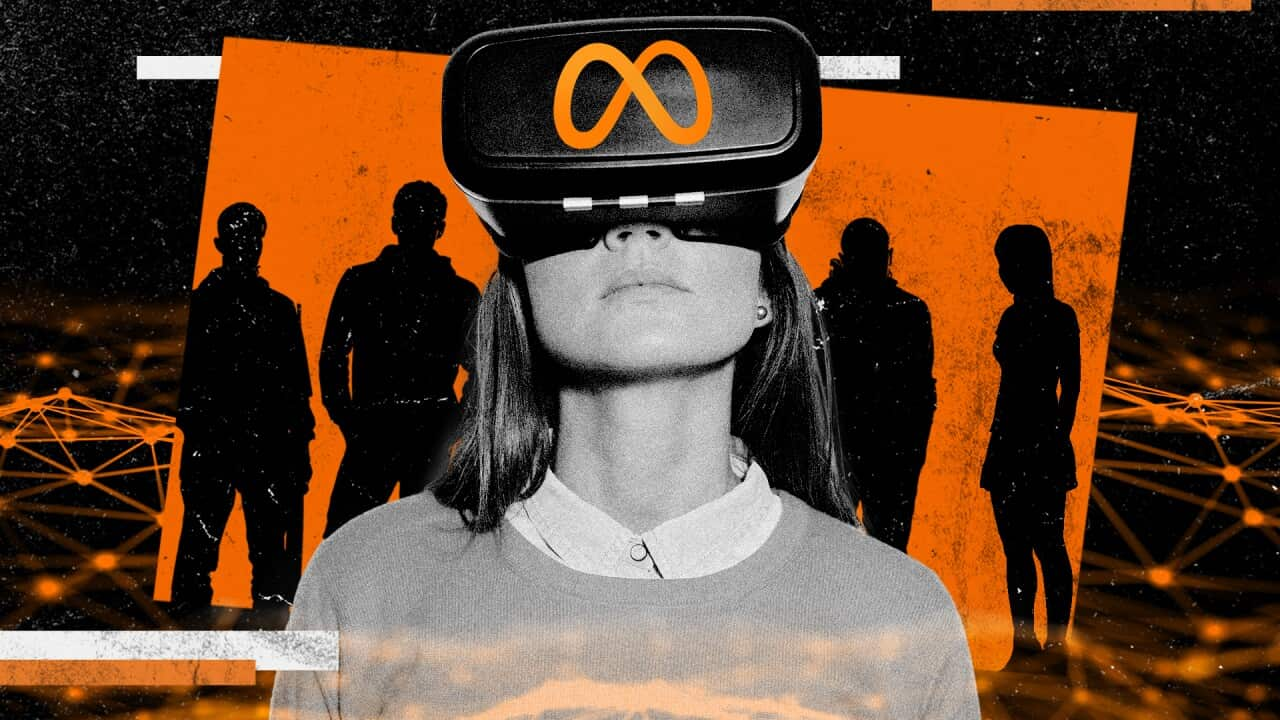Key Points
- Meta Verified will be rolled out in Australia and New Zealand this week.
- The subscription bundle for Instagram and Facebook also includes extra protection against impersonation.
- Attempts to launch a similar service at rival social media network Twitter last year backfired wildly.
Facebook and Instagram owner Meta will launch a paid subscription service starting at $19.99 a month allowing users to verify their accounts, CEO Mark Zuckerberg announced Sunday, following a similar move by Elon Musk at Twitter.
Meta Verified, which will roll out first in Australia and New Zealand this week, will let users verify an "account with a government ID, get a blue badge, get extra impersonation protection against accounts claiming to be you, and get direct access to customer support," Mr Zuckerberg said.
"This new feature is about increasing authenticity and security across our services," he wrote in a statement posted to his Facebook account.
There would be no changes to accounts on Facebook and Instagram that are already verified, the company said, adding that only users who are over the age of 18 will be allowed to subscribe. The service is not yet available to businesses.
It was not immediately clear how Mr Zuckerberg planned to price Meta Verified in countries where users cannot afford to pay the monthly fee, or in cash-based economies where they may have fewer ways to get the money to Meta.
Mr Musk's initial attempts to launch a similar service at rival social media network Twitter last year backfired wildly with an embarrassing spate of fake accounts that scared advertisers and cast doubt on the site's future.
He was forced to briefly suspend the effort before relaunching it to muted reception in December.
'Free'?
Facebook helped establish the dominant model of large platforms on the internet today, which sees users benefit from "free" services that collect their personal data to sell to advertisers.
It is a model that has earned the company, along with other advertising titans such as Google, tens of billions of dollars a year over the past two decades.
For years the Facebook homepage proudly declared that the site was "free and always will be."
But in 2019 the company quietly ditched the slogan. At the time experts suggested it was because the value of users' personal data meant the site was never truly "free."
In 2022, Meta saw its ad revenue decline for the first time since the California-based group went public in 2012.
The company recently announced that the number of Facebook's daily users hit two billion for the first time - but between inflation eating into advertiser's budgets and fierce competition from apps such as TikTok, those users are not bringing in as much revenue as they used to.

An aerial view of Meta (Facebook) headquarters in Menlo Park, California. Source: Getty / Tayfun Coskun
Similar factors have already pushed other networks, from Reddit to Snapchat as well as of course Twitter, to launch paid plans.
Meta is also under pressure for making a huge gamble on the metaverse, the world of virtual reality that Mr Zuckerberg believes will be the next frontier online.
Investors last year punished Meta, sending the company's share price down by an astonishing two-thirds over 12 months, but the stock has recovered some of the ground in 2023.
Meta announced in November that it would lay off 11,000 employees or 13 per cent of its staff - the largest worker reduction in the company's history.
The layoffs are part of a wave of redundancies announced by Silicon Valley giants in recent months, as the once unassailable sector faces economic gloom.
Meta Verified will be cheaper on the web than on mobile applications because of commissions taken by Apple on the iPhone or Google on smartphones operated by its Android system.
It will cost Australians $19.99 on the web, and $24.99 per month on iOS or Android.
In the US, Meta Verified will cost $US11.99 ($A17.41) on the web, $US14.99 ($A21.77) on iOS and Android.


